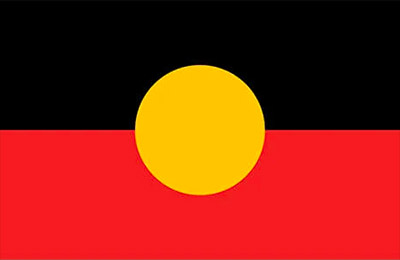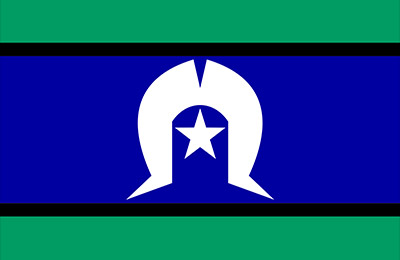The Centre for Women’s Safety and Wellbeing (CWSW) is committed to our work being informed by women with lived experience. CWSW prioritises engagement with women with lived experience to contribute to the prevention and responses to family, domestic and sexual violence. We recognise that victim-survivors hold valuable knowledge and expertise about domestic, family, and sexual violence.
The month of May marked Domestic and Family Violence Prevention Month, an annual initiative to raise community awareness of domestic and family violence. An important way to raise awareness is to listen to victim survivors’ own voice, lived experiences, knowledge, and expertise. Thus, we begin this edition with the voices of women with lived experience of domestic and family violence.
Other articles in this edition include:
In October 2022, the Centre for Women’s Safety and Wellbeing (CWSW) held the ‘Young Women Forum: Sexual Violence’ to engage young women in the community in CWSW’s sexual violence advocacy work. The forum provided an opportunity for participants to share their views on the day-to-day impact of sexual violence; the contributing factors to sexual violence perpetration; areas requiring targeted prevention initiatives; and supports and services for victim-survivors.
This first edition of the CWSW Domestic, Family, and Sexual Violence Reader focuses on sexual violence. It reflects on the national conversation on sexual violence which has taken place over the last two years, and governmental and institutional responses to address the need for systemic reform to sexual violence prevention and response. The key themes in this edition include the current policy and legal context; the complex interplay between child sexual abuse, adult sexual assault, and domestic and family violence; and sexual violence in the mining industry and workplace.
The National Association of Services Against Sexual Violence (NASASV) are currently developing the third edition of the Standards of Practice Manual for Services Against Sexual Violence. This third edition updates the second which was produced by NASASV in 2015. These standards are expected to be finalised by June 2021.
NSW Sexual Assault Strategy 2018 – 2021
Domestic, Family and Sexual Violence Reduction Framework 2018-2028
Prevent. Support. Believe. Queensland’s Framework to address Sexual Violence (2019)
‘Enough is Enough’ – Sexual harassment against women in the FIFO mining industry (2022).
Sexual Assault in Australia (2020).
Final Report (2017)

The Centre for Women’s Safety and Wellbeing acknowledges Aboriginal and Torres Strait Islander peoples as the Traditional Custodians and first peoples of Australia. We recognise the impacts of colonisation and dispossession and the contemporary disadvantage experienced by Aboriginal and Torres Strait Islander peoples. The Centre for Women’s Safety and Wellbeing is committed to working alongside Aboriginal and Torres Strait Islander women and men to end violence against their women and children in Western Australia.
The Centre for Women’s Safety and Wellbeing acknowledges the strength and resilience of adults, children and young people who have experienced family and domestic violence. We pay respects to those who did not survive and acknowledge the families, friends and communities who have lost loved ones to this preventable and widespread issue. We are committed to ensuring responses to family and domestic violence are informed by lived experience.
The Centre for Women’s Safety and Wellbeing recognises, welcomes and respects people of diverse gender, sex and sexuality. We are committed to greater inclusion of lesbian, gay, bisexual, transgender, intersex and queer people (LGBTIQ).



Use the quick exit button on the top right, or:
On a mac, press ⌘ and W together
On a windows, press Ctrl and W together
To remove all traces of you visiting this website, please clear your browser history.
To learn how to clear your browser history, please click here.